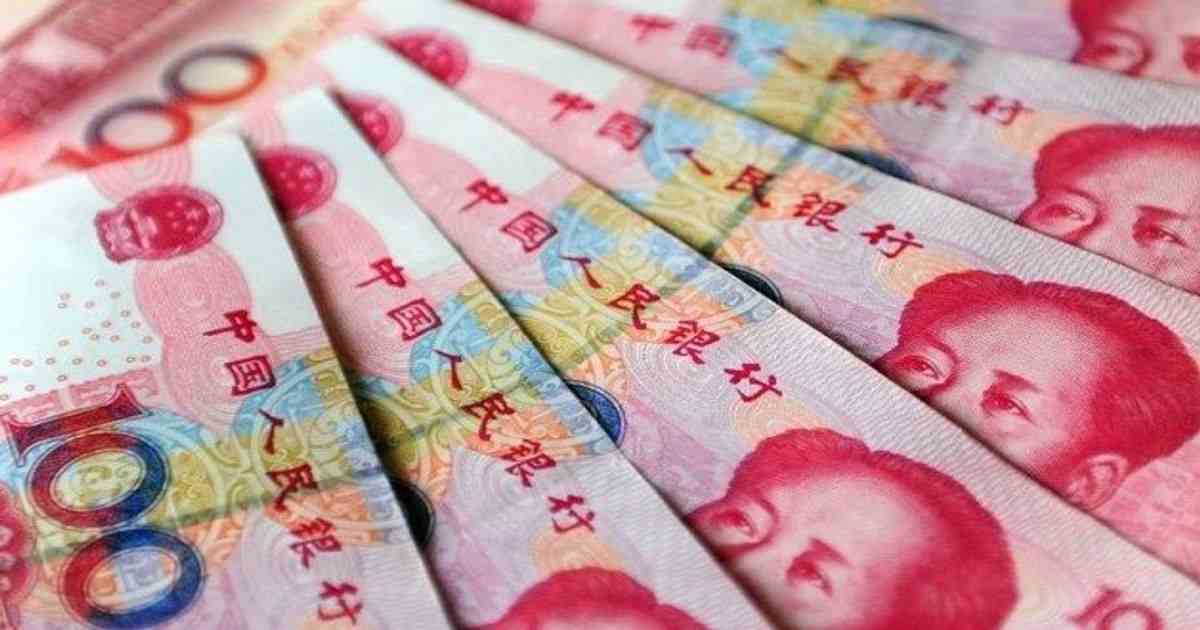New bank lending in China nearly doubled in September from the previous month and far exceeded expectations after the central bank acted to spur an economy weakened by a property crisis and a resurgence of COVID-19 cases.
Chinese banks extended 2.47 trillion yuan ($345.05 billion) in new yuan loans in September, jumping from 1.25 trillion yuan in August, data released by the People's Bank of China showed on Tuesday. Analysts polled by Reuters had predicted new yuan loans would rise to 1.80 trillion yuan in September. The new loans also exceeded 1.66 trillion yuan a year earlier.
New yuan loans totalled 18.08 trillion yuan in the first nine months, central bank data showed.
The central bank said in late September that it would increase efforts to consolidate an economic recovery, citing risks to the global economy and pledging to implement prudent monetary policy and to keep liquidity ample. Broad M2 money supply in September grew 12.1% from a year earlier, central bank data showed, in line with analysts' forecasts in a Reuters poll. It rose 12.2% in August.
Outstanding yuan loans grew 11.2% in September from a year earlier, compared with 10.9% growth in August, which was in line with expectations.
Growth of outstanding total social financing (TSF), a broad measure of credit and liquidity in the economy, quickened to 10.6% in September and from 10.5% in August. TSF includes off-balance sheet forms of financing that exist outside the conventional bank lending system, such as initial public offerings, loans from trust companies and bond sales.
In September, TSF rose to 3.53 trillion yuan from 2.43 trillion yuan in August. Analysts polled by Reuters had expected September TSF of 2.73 trillion yuan.










